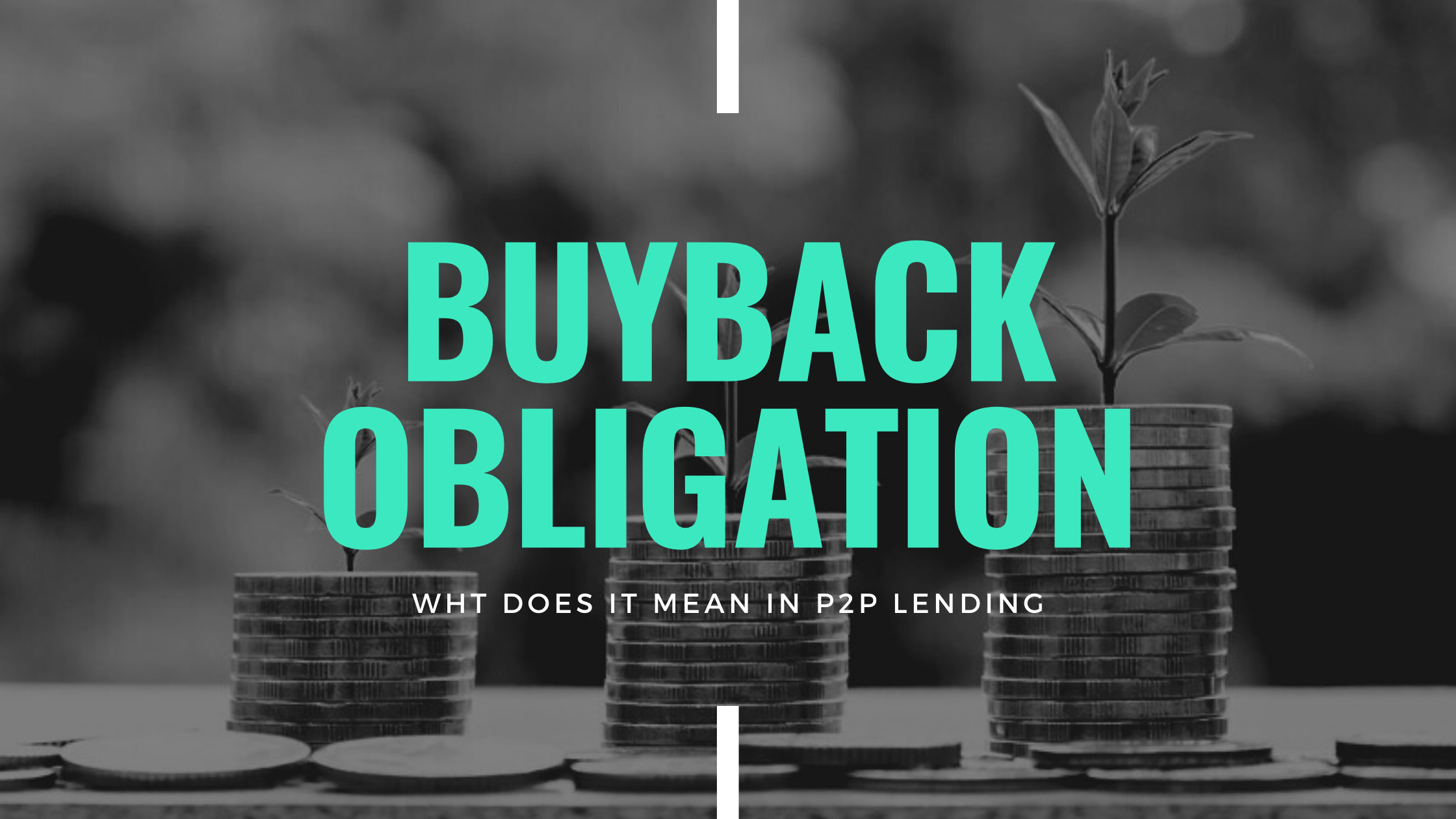BuyBack Obligation: What is it?

If you’ve looked into P2P loans, you’ve surely heard or seen ‘buyback obligation’ or ‘buyback guarantee.’ The meaning is encoded in the name: it’s a guarantee, an extra security measure that most lending companies working with Esketit provide to buy back a defaulted loan if the interest or principal payment has been delayed for more than 60 days.
How does it work?
How does a BuyBack Obligation work in regards to P2P lending? So, like we already mentioned, in P2P lending, a buyback obligation is a loan originator’s guarantee regarding a specific loan. If the loan’s repayment is delayed by more than 60 days, then the loan originator is obligated to buy back the loan.
The conventional method for lending companies to acquire liquidity is to issue corporate bonds around the same interest rate as they pay us, the users. But issuing bonds is a costly and inflexible solution. Instead, some choose to sell loan shares with a promise to buy back those shares if the lender stops repaying their debt.
Too good to be true?
The peer-to-peer platforms provide high-risk loans at very high-interest rates and divide them into shares. In turn, they sell these shares to platform members at a much lower interest.
By reselling the loans, the creditor can boost their liquidity and issue more of these high-yield loans. The loan originator then retains the difference between the borrower’s actual interest and the interest rate given to the buyer.
Examine this example, where the combined interest rate is 60% per annum, and the buyer receives a fixed 12% per annum.
This can be an excellent business for the loan originator, considering that high-interest loans are sold to the platform users at 10 – 11% per annum rates. Still, the borrower of these short-term loans usually pays 30%, 40%, 70%, or even higher. However, the loan originator will also have to cover any overdue debt out of their share, as well as operational expenses.
Who pays such crazy interest rates?
In fact, many people. Suppose a borrower takes out a payday loan of € 100, agreeing to repay € 105 the following month. That’s a 60% yearly interest rate. In absolute numbers, it means paying over €5, which is a reasonable price for the borrower for such a service.
High-interest rates are due to high risk, and that, of course, also means that many borrowers only pay off their debt partially, which usually happens only after a long legal procedure or they never pay at all.
To sum up
Esketit offers a 60-day BuyBack obligation for almost all our loans. This obligation is provided by the lending companies that list loans on the Esketit platform. The loan originator repurchases the member’s claim against the borrower. This means that the default risk shifts from the user back to the loan originator. To put it simply, you get the money back while the loan originator takes care of the debt collection.





